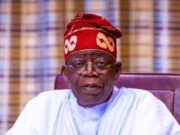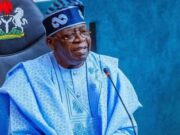In particular, lately, it has been the newly elected Conservative Party head, Kemi Badenoch of the United Kingdom, stirring discourses with open frankness over personal things involving Nigeria. She has mentioned the general prevalence of corruption at a systemic level, among many other things regarding ineffective governmental bureaucracies that Badenoch grew up with while spending extended years in Nigeria.
She recalled walking for miles to get to simple things as running water and the omnipresence of graft, which was stunting the progress of society. These reflections have not been devoid of controversy.
The Vice President of Nigeria, Kashim Shettima, berated the portrayal by Badenoch and insinuated that she is running down the nation. He emphasized the importance of national pride, comparing Badenoch’s remarks to those of other diaspora leaders who maintain positive ties with their countries of origin.
Badenoch was not daunted, shooting back that her observations were from personal experiences and not statements of public relations for Nigeria. She underlined the fact that she is a British politician concerned with matters to do with the UK, even as she draws on her rich heritage in formulating her views.
It has spurred a broader debate on what the diaspora figures should say in representation of their country of origin. Although some argue honest critiques can be a catalyst for change, others are of the view that public figures have to be circumspect to avoid perpetuating negative stereotypes. Badenoch harks back to her childhood in Nigeria in the 1990s when the country was in political turmoil-nuanced thoughts on how complex issues of governance and development are playing out in post-colonial states.
As the discussion unfolds, it underlines the fine balance that needs to be achieved by diaspora leaders between the recognition of their origins and critical engagement with the challenges of their homelands.

























